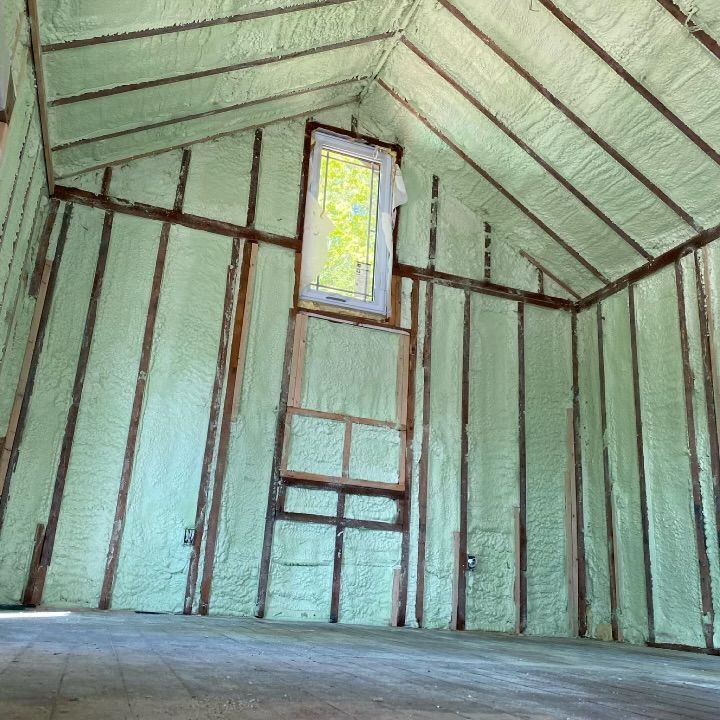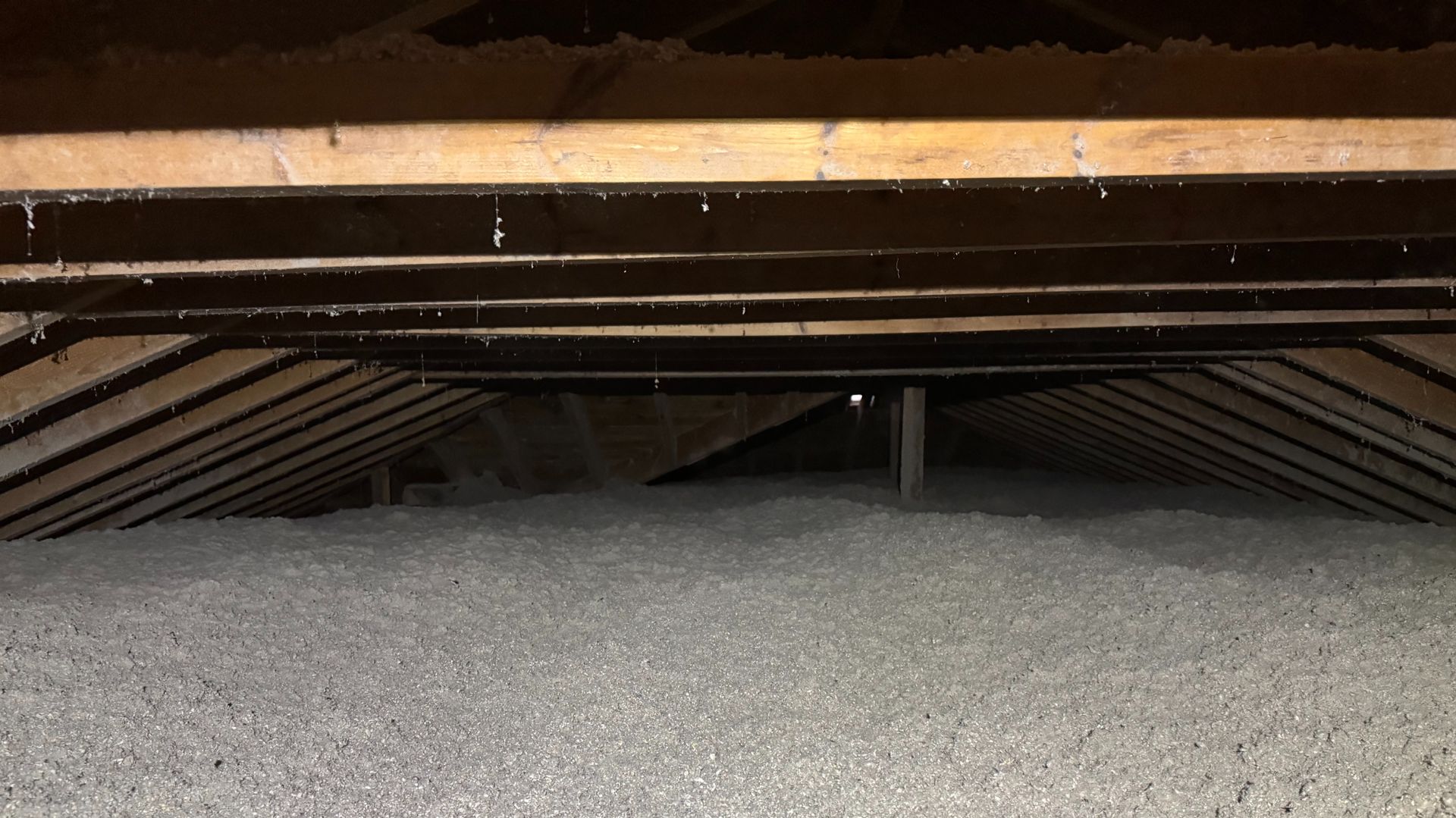The Hidden Risks of Hiring the Cheapest Insulation Contractor
When it comes to home improvement, everyone loves a good deal. But when the “deal” is suspiciously cheap—especially in something as critical as insulation—those savings can quickly evaporate. Insulation affects everything from energy efficiency to comfort to long-term home health. Hiring the cheapest contractor may seem like a smart short-term decision, but it often leads to costly consequences down the road.
Here’s what homeowners need to know before choosing the lowest bid.
1. Poor-Quality Materials That Don’t Perform
Budget contractors typically cut costs where you can’t see it: the materials. Not all insulation is created equal. Using low-grade fiberglass, outdated spray foam formulations, or improperly treated cellulose can result in:
- Lower R-values than promised
- Faster material breakdown
- Higher energy bills because the insulation doesn’t actually do its job
Cheap materials might meet the bare minimum code, but they won’t keep your home comfortable or efficient for long.
2. Inexperienced or Untrained Installers
Insulation installation is both a science and an art. If a contractor is offering rock-bottom pricing, they’re often:
- Using untrained labor
- Rushing through multiple jobs per day
- Skipping proper prep, air sealing, or safety steps
Even the best insulation performs poorly if installed incorrectly. Gaps, compression, and uneven coverage can slash insulation effectiveness by up to 50%. You end up paying for insulation you’re not actually getting.
3. Hidden Costs That Show Up Later
That initial low bid often comes with surprises:
- Additional fees for air sealing
- “Unexpected” material upgrades
- Charges for removing old insulation
- Mold remediation add-ons
By the time you’ve added everything up, the “cheap” contractor is suddenly more expensive than reputable competitors.
4. Higher Long-Term Energy Bills
Poor installation = heat loss in winter and heat gain in summer. That translates directly into higher utility bills year-round.
A quality insulation job can save homeowners 20–40% annually on heating and cooling costs. A sloppy job does the opposite—it locks you into decades of unnecessary expenses.
5. Safety and Health Concerns
Cut-rate contractors may skip critical health and safety steps, such as:
- Proper ventilation when installing spray foam
- Testing for existing mold or moisture
- Ensuring appropriate fire-rated materials
- Sealing off living areas during installation
Some cheap installations have even resulted in off-gassing issues, mold growth, and hazardous attic conditions.
6. No Warranty or Poor Follow-Through
Many low-cost contractors offer little to no warranty. And even when they do, they’re often difficult to reach if something goes wrong.
Reputable insulation companies stand behind their work, return for inspections, and address issues promptly. With a bargain contractor, you’re often on your own.
7. Lower Home Value and Failed Inspections
If insulation is installed incorrectly, it can become a major problem when:
- Selling your home
- Completing other renovations
- Getting a home energy audit
- Filing insurance claims after damage
A cheap job might even cause you to fail an inspection, forcing you to pay for the work all over again.
How to Protect Yourself When Hiring an Insulation Contractor
Instead of focusing on the cheapest price, look for:
- Verified experience and certifications
- Clear, detailed written estimates
- Proper licensing and insurance
- References and reviews
- Quality materials with strong warranties
- A contractor willing to explain their process
Insulation is a long-term investment. Paying a little more today can save you thousands in energy costs, repairs, and headaches.
Final Thoughts
Hiring the cheapest insulation contractor may seem like a budget-friendly option, but it often leads to poor performance, higher energy bills, and expensive fixes later. When it comes to insulation, value—not price—is what really matters. GWC Insulation will deliver lasting comfort, efficiency, and peace of mind.





